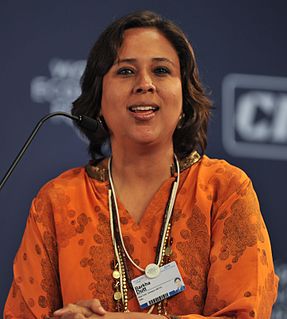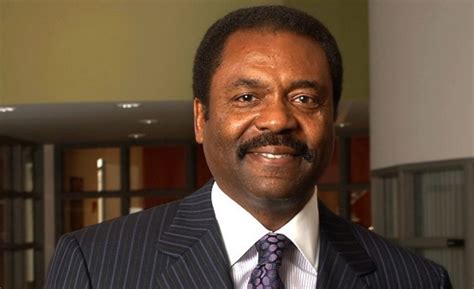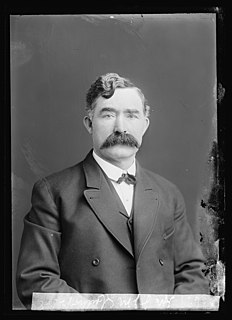A Quote by Barkha Dutt
Every institution of India - politicians, journalists and corporate chieftains - comes within the purview of the judiciary but when it comes to auditing their own conscience, judges want everyone else to stay out.
Related Quotes
I knew a gentleman who was 65 who had a consulting firm outside of Kansas City, Mo. I convinced him to sell me the business, which did auditing and reviewing of freight bill charges, for nothing down. It was a step out of working in this bureaucratic setting of corporate America and going out on my own in 1984.
I want to explore a new place each year, and it can be within India. When I was shooting for 'Mohenjo Daro', I couldn't travel out of the country for two years. But it gave me an opportunity to explore new places within India. I'm sure there are so many places to explore in India, and I would love to go there.
Corporations that are turning over these huge profits can own everything: the media, the universities, the mines, the weapons industry, insurance hospitals, drug companies, non-governmental organisations. They can buy judges, journalists, politicians, publishing houses, television stations, bookshops and even activists. This kind of monopoly, this cross-ownership of businesses, has to stop.





























